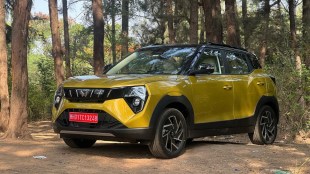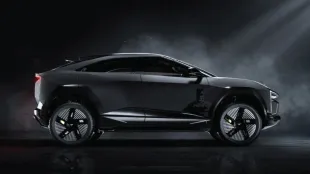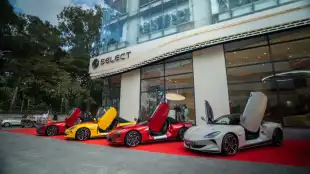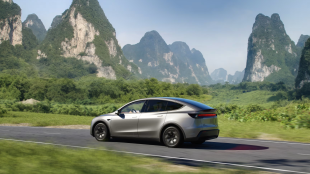The recent budget announcement was a massive relief for taxpayers in India, especially for the ones under the Rs 12 lakh bracket. However, there were other announcements too — around EVs to be more specific. After the 2025 Budget announcement, a lot of scope has opened up around components that are crucial for EVs, and carmakers are looking up to it.
Schemes promoting electric mobility in India have gone up 20 percent, from Rs 4,434.92 crore in 2024-25 to Rs 5,322 crore in the latest budget. Also, the PM E-DRIVE Scheme to support various kinds of electric vehicles and public charging stations has increased by over 114 percent to Rs 4,000 crore in FY26. Other schemes have been announced specifically for e-mobility, however, the focus on EVs themselves getting cheaper is a key focus of this year’s budget.
Budget 2025: How can EVs become cheaper?
To support localised manufacturing, the Finance Minister has announced tax incentives and fully exempted Basic Customs Duty (BCD) on key materials like cobalt powder, lithium-ion battery waste and scrap, lead, zinc, and twelve other critical minerals. The government has also reduced import duties on battery manufacturing materials, which will encourage EV makers to offer better battery packs at a more affordable price, reducing the overall costs of EVs.
Also, the list of exempted capital goods has now been expanded to include 35 additional items for electric vehicle battery production. These exemptions are expected to encourage the local supply chain as well.
Speaking about the announcement, Girish Wagh, Executive Director, Tata Motors commented on Budget 2025 saying, “The removal of basic customs duties on key materials for battery manufacturing is a strategic move to boost domestic EV production, foster a sustainable ecosystem, and drive India’s transition to a greener economy. As infrastructure projects gain momentum and consumption picks up, improved roads, connectivity, and logistics will undoubtedly drive increased demand for freight and commercial transport solutions driven by both domestic demand and broader economic recovery.”
Shailesh Chandra, President, SIAM said, “As the Auto Industry transits into cleaner powertrains, in line with the Hon’ble PM’s vision on sustainable mobility, it will specifically benefit from the National Manufacturing Mission, which supports clean tech manufacturing for batteries, motors and controllers. Furthermore, the exemption of critical minerals (e.g. Cobalt, Lead, Zinc etc.), scraps of Lithium-ion battery, and 35 additional capital goods from customs duty will help create a strong EV ecosystem in the country.”
Abhijeet Sinha, Project Director, NHEV said, “Budget 2025-26 introduced tax incentives, including full exemption from Basic Customs Duty (BCD) on key materials like cobalt powder, lithium-ion battery waste and scrap, lead, zinc, and twelve other critical minerals. This decrease in operational expenses will stimulate the expansion of India’s EV battery industry and enhance domestic production capabilities. It’s expected to result in cheaper EV batteries, making electric vehicles more affordable.
Further, 35 additional items used in EV battery production and 28 items for mobile phone battery manufacturing have been made duty-free. The reduction in custom & duty complements the existing PLI schemes and will encourage backward integration, enabling Indian manufacturers to scale up operations efficiently.”




















